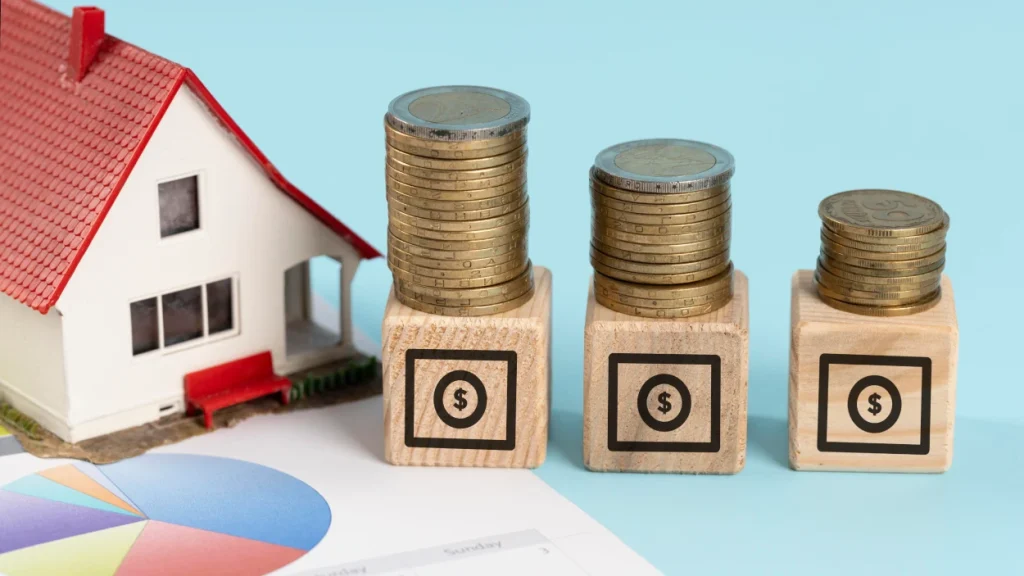
This is a continuation of our ten part series on selling your property. One big consideration is setting the purchase price for your property to be sold. Looking at comps in the area is one way to determine the purchase price but a prospective investor will want to know how much income can be made off of the property.
Determining Your Property’s Purchase Price
There are two main approaches to consider when setting a purchase price: market value, which reflects the current selling prices of similar properties in your area, and income potential, which focuses on the property’s ability to generate ongoing income for the buyer.
1. Comps (Comparable Sales)
This is a tried-and-true method that involves researching recent sales of similar properties in your area. By analyzing these “comps,” you can get a good sense of the current market value for your property. Look for properties with comparable size, location, features, and condition. This will provide a baseline price range for your own listing.
2. Capitalization Rate (Cap Rate)
For income-generating properties, understanding the potential income stream is essential. The Cap Rate is a financial metric that helps estimate the return on investment (ROI) a buyer can expect. Here’s the formula:
Cap Rate = Net Operating Income (NOI) / Current Market Value
NOI represents the property’s annual income after subtracting all reasonable operating expenses (excluding debt payments). On the other hand, a higher cap rate generally indicates a higher potential return for the buyer, which makes the property more attractive to buyers. However, keep in mind that a higher cap rate might also reflect the higher risk associated with the property or the local market.
3. Seller Financing
Are you open to offering seller financing, where you act as the lender for the buyer? This can be attractive to some buyers who might struggle with traditional loan approval. However, weigh the risks involved. If the buyer defaults, are you prepared to take back the property? Seller financing also lets you structure payments and reduces overall capital gains on the property. Consider consulting a financial advisor to understand all the potential implications.
4. Assumption/Subject to Existing Debt
Do you have a mortgage on the property? Is this mortgage assumable by the new owner? An assumable loan with favorable interest rates can be a significant selling point for some buyers. However, some loans are not assumable, so it’s important to check the terms of your existing mortgage. Alternatively, will you need to pay off the existing debt at the time of sale?
5. Subordinated Debt
Do you have any subordinated debt on the property? This is a type of loan that gets paid off last, after all other senior debt is settled. Will this need to be paid off before the sale can be finalized? Understanding these liabilities is important for determining the net proceeds you’ll receive from the sale.
By carefully considering market value, income potential, and financing options, you can arrive at a competitive asking price that attracts serious buyers while meeting your financial goals.
Have Questions?
If you have any questions about selling your property, don’t hesitate to contact Cynthia Daughtrey at 3D Real Estate at 303-548-9659.




